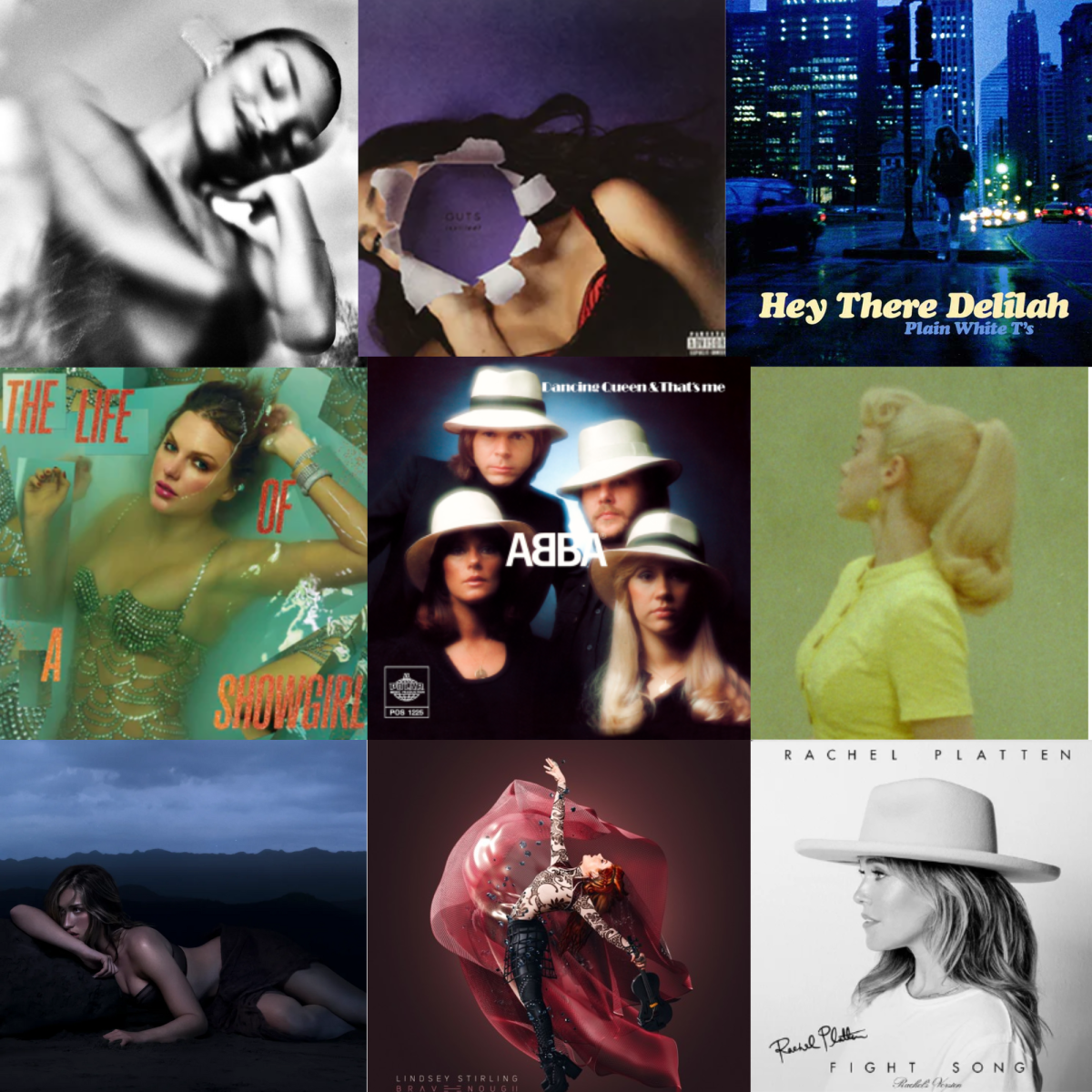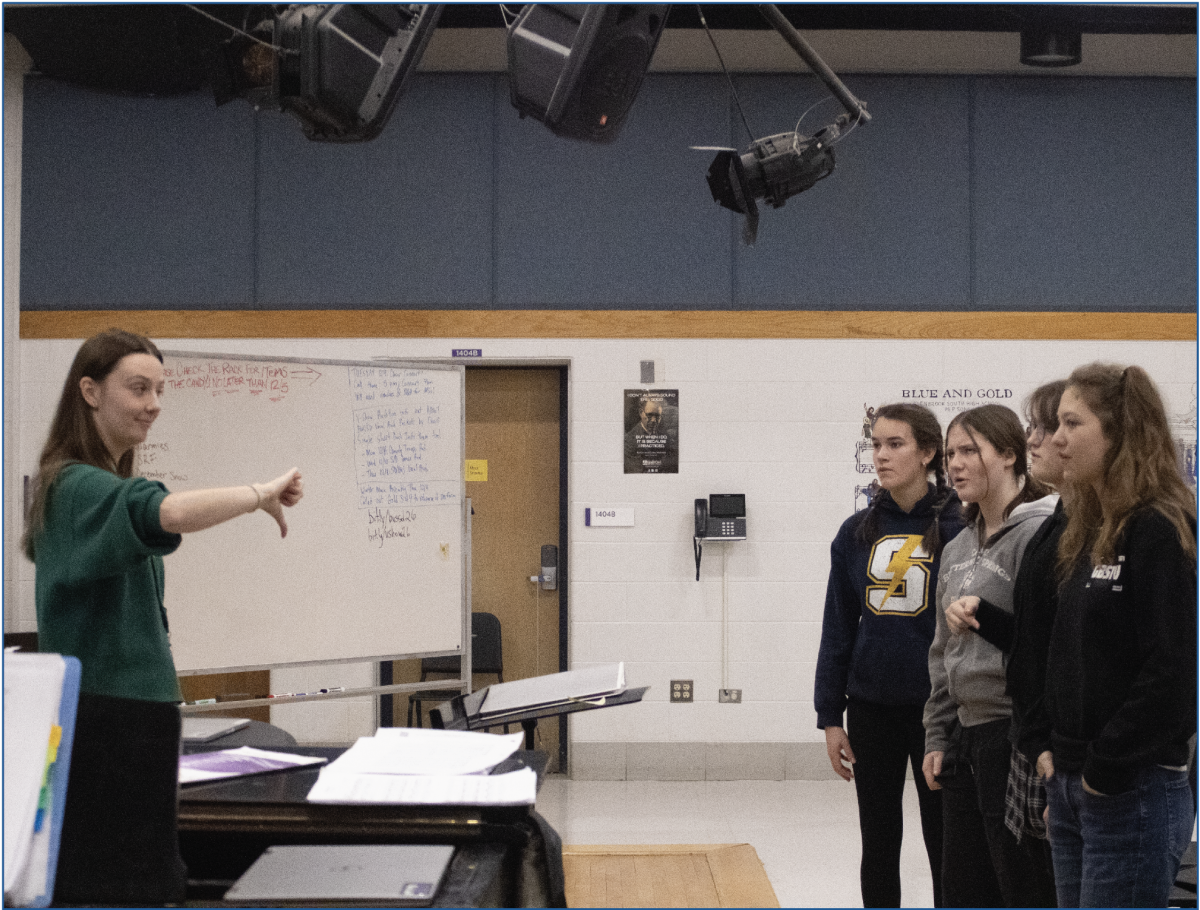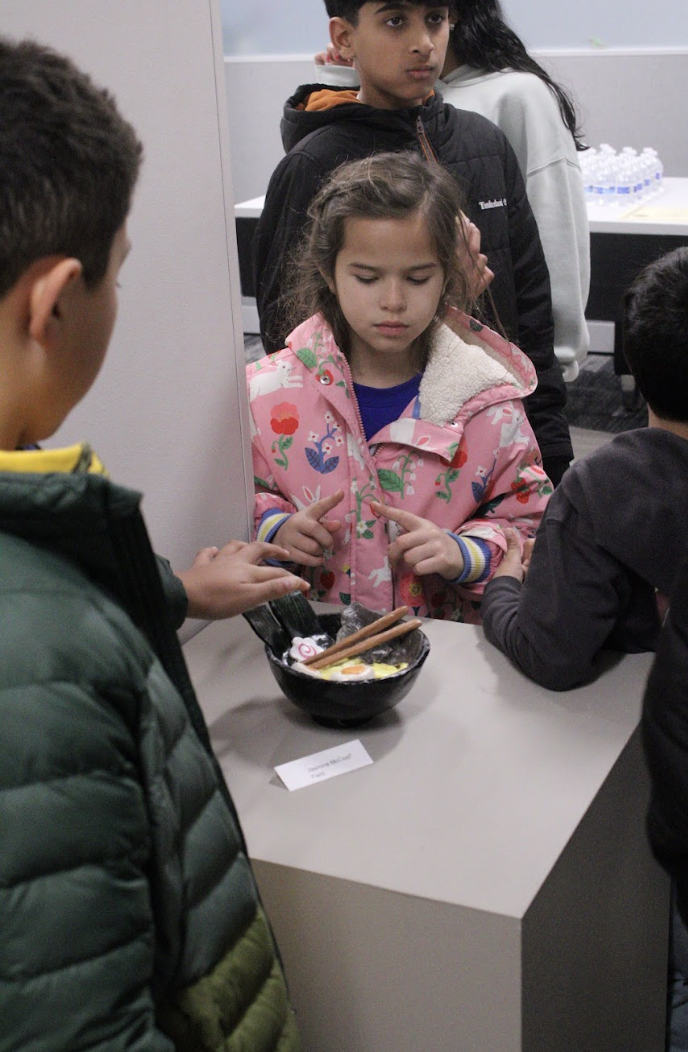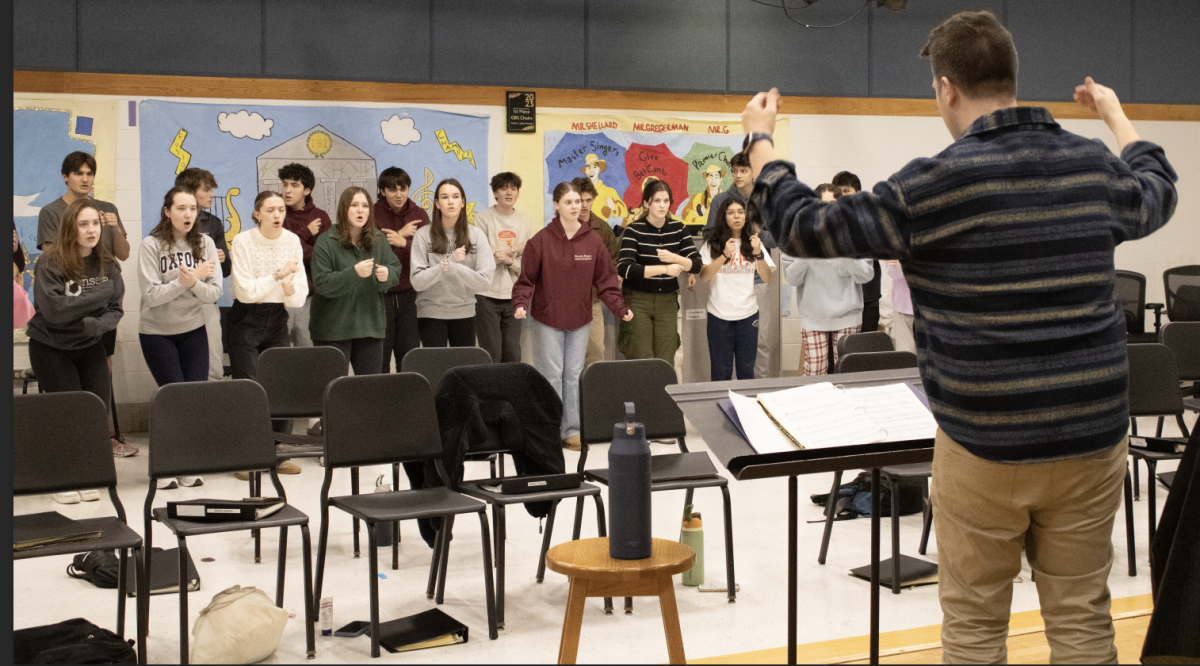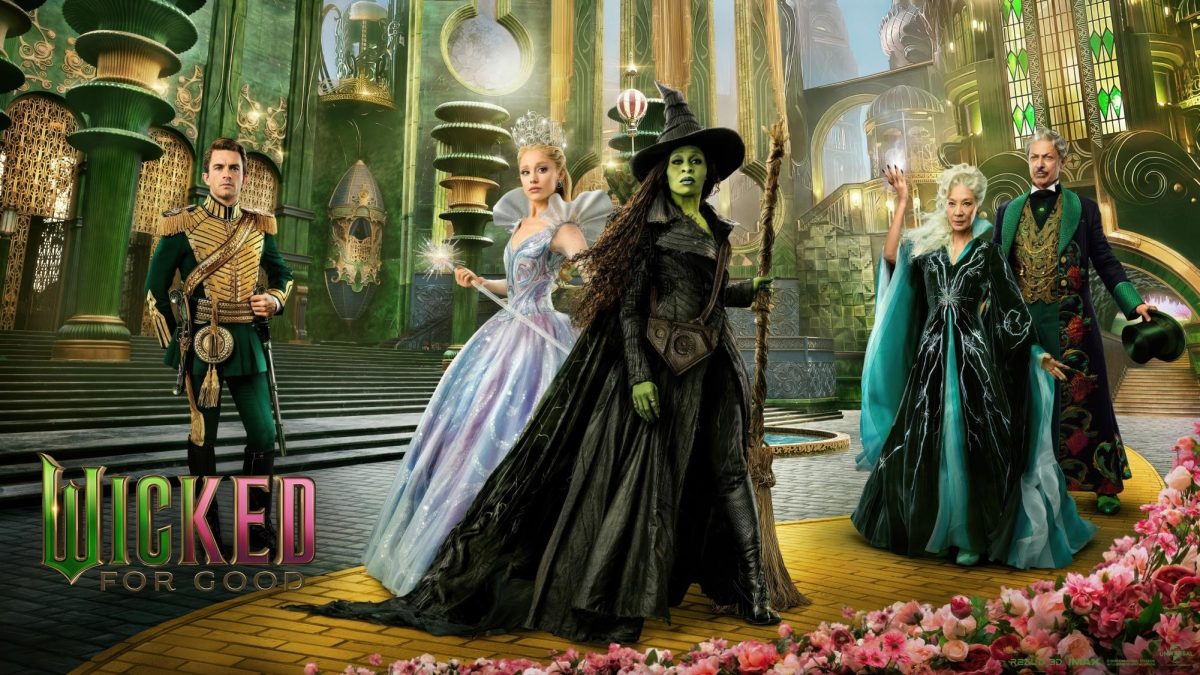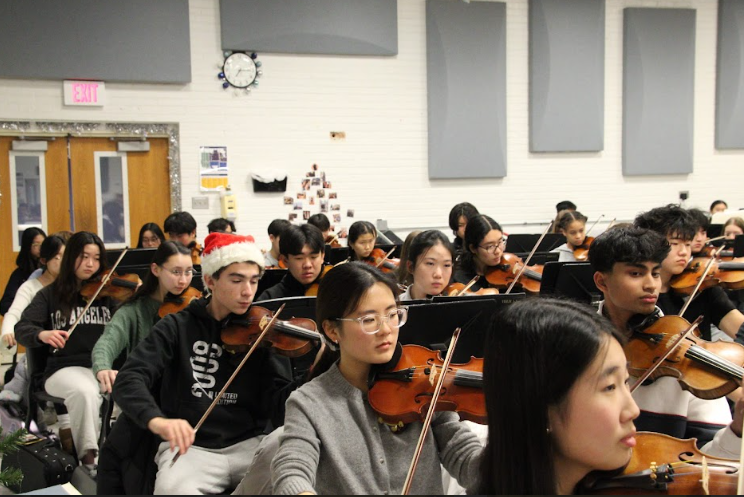Despite there being rumors of a leak of The Tortured Poets Department (TTPD), Taylor Swift’s eleventh album, and people disliking it, I still had high hopes. Dishearteningly, when I pressed play, I was underwhelmed.
The build-up to TTPD– by fans, Swift, and especially, by me- led to extravagant beliefs into what the album would be like. It was marketed as cathartic, freeing, and emotionally wild. It was not. The first song I listened to was “Down Bad,” a laid-back, synth-pop song about a break up. It was not a poor song, but it didn’t have the ferocity the preludes to the album portrayed.
TTPD claimed to be a look into Swift’s mind, a goodbye to her most painful memories she carried. I did not see how various songs with the same formulaic set up and sad lyrics achieved this. The lyrics were well-crafted, but they were weakened by the boring music tracks in the background. And, what was frustrating was not because the music was sad; it was because they were the same type of melancholic sad.
Swift has shown her emotional depth to listeners before. She is known for switching up styles, genres, and she is known for exploring the dimensions of a single emotion. She has found a way to use her versatility in genres to enhance these dimensions in her stories.
“A deep appreciation for Taylor Swift has grown recently because of the realization of her versatility and how she’s used it in the music industry,” Jacksonville State University Chanticleer said after she released her ninth album, Evermore.
With TTPD, there was not enough masterful music-work to back up her lyrics. The ‘sad’ songs, such as “loml”, “So Long, London”, “The Alchemy”, “Clara Bow”, and more all have different stories and meanings even if there are similarities.
However, they all have similar style. Where music could have made these songs great and individualized, the similar instruments and formulaic set-up took away each song’s identity. In order to make a good album, she needed more than just good storytelling, she needed something new in her music. Or at least, something exciting.
This underwhelming start to the album left a sour taste in my mouth. Where were the strong, haunting, powerful songs I was looking for in an album that was supposed to be from the depths of someone’s soul?
And then— I found it.
“Who’s Afraid of Little Old Me” is the best song on the album. It is the perfect mix of haunting, with its echoey sound, sinister, with its lyrics and message, and freeing with the vocals. Swift describes herself as a witch-like criminal who had broken free to become the monster that everyone made her out to be.
“So, I leap from the gallows and I levitate down your street,” Swift sings. “Crash the party like a record scratch as I scream/ Who’s afraid of little old me?/ You should be.”
The powerful lyrics were colored in by the anthemic vocals. Swift’s voice yelled in the chorus, as if she were screaming this question to an empty canyon. The strong drums and low piano notes contributed to this tragic yet brave anthem.
Even though there were some songs I loved on the album, I was frustrated with the monotony of the other songs. I could predict the set up of some songs: a mellow verse, then the chorus would start to get strong, then recoil into another sad verse; another taunting chorus followed, and then finally a strong bridge that redeemed the song.
Swift’s new album feels messy. In fact, my opinion of this album has changed multiple times. Individually the songs are good. The problem is, the music (which is half of song-production) did not make me feel anything. It did not resonate emotion. The power of a song is that it combines words and music to connect to the listener on a mental and emotional level. I did not feel the emotional resonance with all of the songs, while in some, I felt it powerfully.
No matter how hard people try, an album’s identity cannot be forced. The gothic, mad, and raw album I was expecting is not what was delivered. Only time will solidify the album’s identity. As of now, however, the album does not bring something new to Swift’s impressive table of music.



